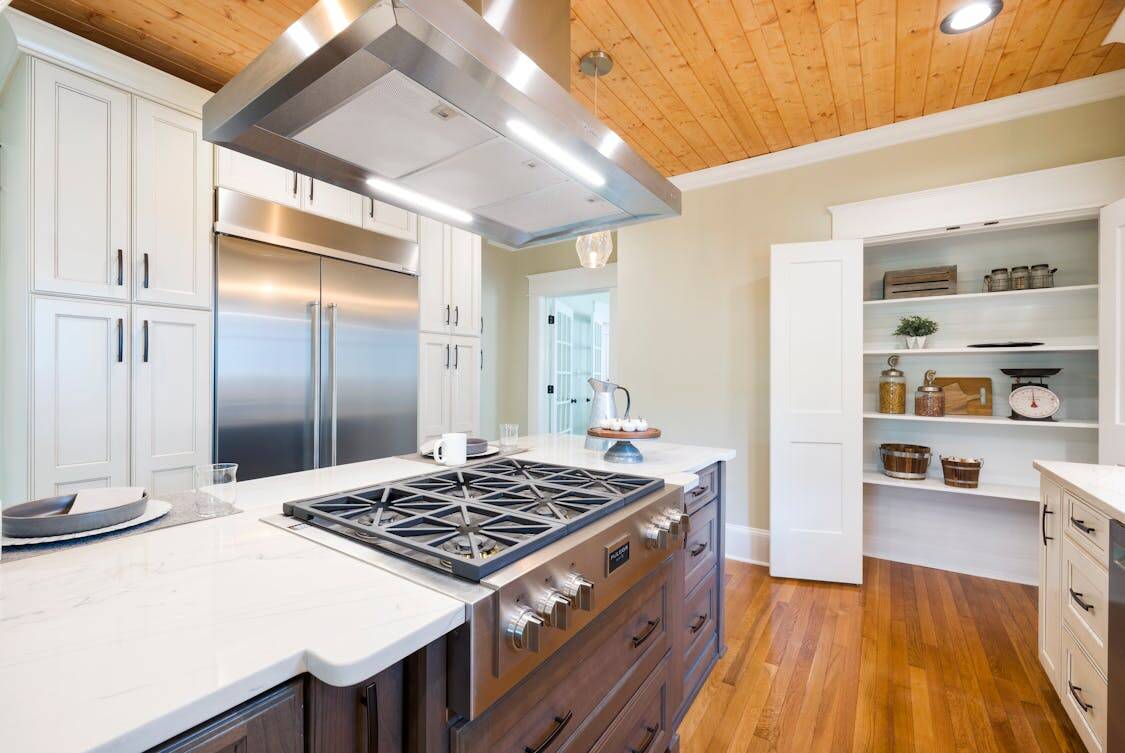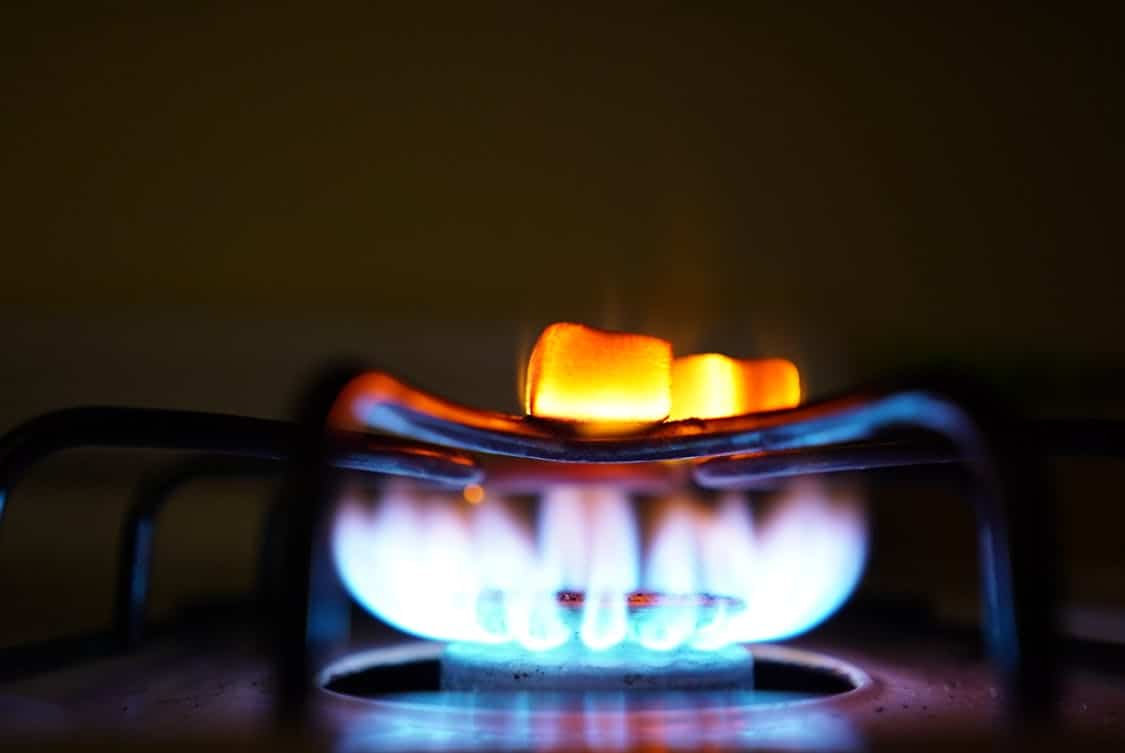Gas line leaks are a serious concern for homeowners, as they can lead to various health risks and safety hazards. These leaks can compromise the quality of the air within your home, impacting both your health and comfort.
Understanding the effects of gas line leaks on air quality is key to maintaining a safe and healthy living environment.
What Causes Gas Line Leaks?
Gas line leaks can result from several factors. One common cause is the natural wear and tear of pipes over time. As metal and plastic pipes age, they can become corroded or cracked, leading to leaks.
Extreme weather conditions, such as heavy rains or freezing temperatures, can also contribute to the deterioration of gas lines.
Poor installation is another potential issue. If gas lines are not set up correctly, they may become loose or misaligned, increasing the likelihood of leaks.
Regular inspections are essential, especially in older homes, to mitigate these risks.
For quality plumbing work from certified experts, consider scheduling periodic check-ups with licensed professionals who can ensure the safety and functionality of your gas lines.
Health Risks Associated with Gas Leaks
Gas leaks pose various health risks, particularly when it comes to air quality. Natural gas is primarily composed of methane, which, while not toxic in small amounts, can cause problems when it accumulates.
High levels of methane can displace oxygen in the air, leading to suffocation, especially in confined spaces.
Carbon monoxide (CO) is another concern. Incomplete combustion of gas appliances can lead to CO buildup, which is odorless and colorless.
Exposure to CO can cause symptoms like headaches, dizziness, and even more severe health issues, including loss of consciousness or death in extreme cases.
Symptoms of Gas Exposure
Recognizing the symptoms of gas exposure is crucial. Common signs include headaches, nausea, fatigue, and shortness of breath.
If you notice any of these symptoms, particularly when near gas appliances, it may be time to investigate further.
In some cases, you might also detect a sulfur-like smell, often added to natural gas for safety reasons. This odor can be a clear indication of a leak, which should be addressed immediately.
If you ever suspect a gas leak, it’s best to evacuate the area and contact professionals right away.
How Gas Leaks Affect Air Quality
Gas leaks can severely compromise indoor air quality. When gas escapes into your home, it mixes with the air you breathe, creating an unhealthy environment.
The presence of methane can lead to a buildup of pollutants, while prolonged exposure can increase the risk of respiratory issues.
Moreover, gas leaks can also lead to the growth of harmful molds. Excess moisture from gas leaks can create a perfect breeding ground for mold spores, further deteriorating air quality.
This situation becomes particularly problematic for individuals with allergies or asthma, making it harder to breathe comfortably.
The Importance of Ventilation

Good ventilation is vital in maintaining healthy air quality. If a gas leak occurs, proper airflow can help disperse harmful gases, reducing the risks associated with exposure. Opening windows and doors can help, but it’s not a substitute for professional interventions.
In addition to natural ventilation, mechanical systems like exhaust fans can aid in maintaining air quality.
Regular maintenance of these systems is essential to ensure they function correctly and do not contribute to air quality issues.
Regular Inspections and Maintenance
Preventing gas leaks largely hinges on regular inspections and proper maintenance of gas lines.
Homeowners should schedule routine checks with qualified professionals to spot potential issues before they become significant problems.
This proactive approach can save lives and prevent costly repairs down the line.
In addition to inspections, regular maintenance of gas appliances is also essential. Keeping these devices in good working condition can help minimize the risk of leaks and contribute to overall safety in your home.
Detecting Gas Leaks
Detecting gas leaks early is critical for maintaining a safe home environment. Besides the smell of gas, there are other signs to watch for.
For instance, you may notice dead vegetation around the gas line or an unusual increase in your gas bill. Bubbles forming in moist areas when soapy water is applied can also indicate a leak.
Homeowners can invest in gas detectors as an additional precaution. These devices can provide an early warning by alerting you to the presence of gas, allowing for timely intervention.
Immediate Steps If You Suspect a Leak
If you suspect a gas leak, your first priority should be ensuring your safety. Evacuate the area and avoid using any electrical switches or devices that could ignite the gas.
Once you are at a safe distance, contact your gas company or local emergency services for assistance.
Do not attempt to fix the leak yourself. It’s crucial to leave the investigation and repairs to trained professionals who have the right equipment and expertise.
The Role of Air Purifiers
Air purifiers can be a helpful addition to your home, especially if you’re concerned about indoor air quality.
High-efficiency particulate air (HEPA) filters are particularly effective at trapping small particles and pollutants, improving the overall quality of the air you breathe.
While air purifiers cannot stop gas leaks, they can mitigate some effects by removing particulates and toxins from the air. This can be particularly beneficial in homes with multiple sources of indoor pollution.
Local Regulations and Building Codes
Local regulations often dictate the standards for gas line installation and maintenance. Familiarizing yourself with these codes can provide insights into responsible home ownership.
Following these regulations ensures that your gas lines are installed correctly and maintained to avoid leaks. Always work with licensed professionals who understand local building codes to ensure your home remains safe.
Long-Term Effects of Poor Air Quality
Living with poor air quality can have long-term effects on your health. Chronic exposure to pollutants, including those from gas leaks, can lead to respiratory diseases and cardiovascular issues.
The longer you are exposed, the greater the risk of developing serious health conditions.
Children, the elderly, and those with existing health issues are particularly vulnerable. It’s essential to create a healthy home environment to protect all residents, especially those at higher risk.
Educating Your Family
Education is a powerful tool in keeping your home safe. Make sure your family understands the signs of gas exposure and what to do in case of a suspected leak.
Create an emergency plan that includes evacuation routes and contact numbers for gas companies or emergency services.
Regular family discussions about safety can establish a culture of awareness and preparedness.
This knowledge can be invaluable in preventing accidents and ensuring your home remains a safe haven.



